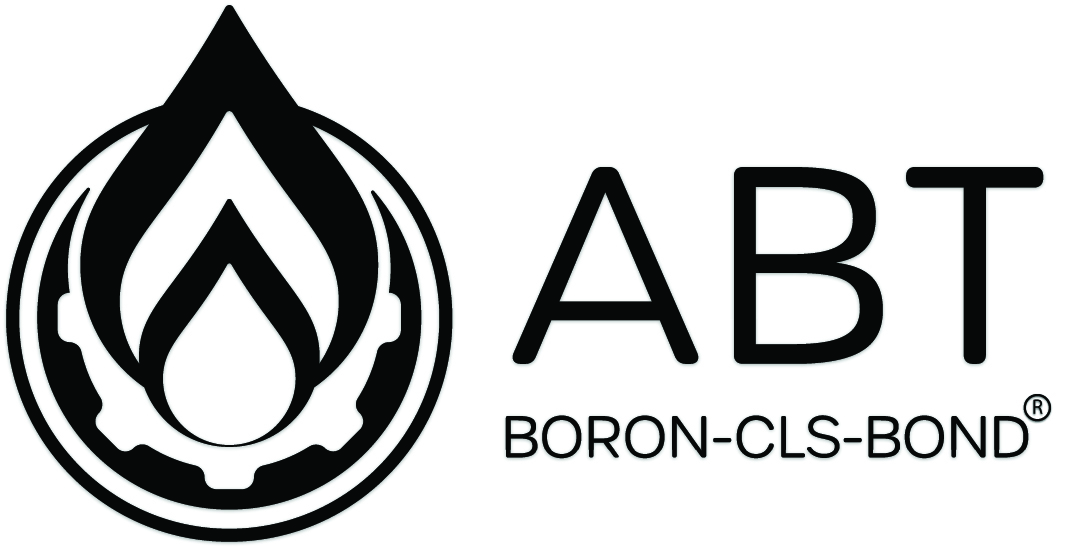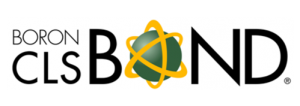What Are the Most Trusted Sources of Information

What Are the Most Trusted Sources of Information?
In a world overflowing with information, identifying reliable sources is more critical than ever. Every day, we are bombarded with news articles, social media posts, and online content that claim to inform and educate. However, not all information is created equal. Understanding what are the most trusted sources can significantly impact our knowledge and decision-making. For more information about reliable content, you can visit What Are the Most Trusted Online Casinos in Bangladesh? https://mcw-bangladeshi.com/. This article dives deep into the most trusted sources of information, examining their characteristics and importance.
The Importance of Trustworthy Information
In an age where misinformation can spread like wildfire, having access to reliable information is vital. Trusted sources not only provide accurate information but also contribute to a well-informed society. Misinformation can lead to misunderstanding issues, creating divisive opinions, and even endangering public health. Historical examples, such as the misinformation during the COVID-19 pandemic, highlight the devastating effects of reliance on unverified information sources.
What Are the Most Trusted Sources?
Several types of sources are often regarded as the most trusted in various fields. Here are some categories that stand out:
1. Academic Journals
Academic journals are typically peer-reviewed publications that contain research findings from scholars and professionals in specific fields. These publications adhere to strict guidelines and are subjected to scrutiny by experts, which enhances their credibility. They are a primary source for scientific knowledge and provide empirical evidence to validate claims.
2. Government Websites

Official government websites are usually reliable sources for information related to policies, statistics, and regulations. They are updated frequently and provide data that is based on research and analysis conducted by government agencies. However, it’s essential to verify that the information comes from a legitimate government source.
3. Reputable News Outlets
While news outlets can be biased, established news organizations with a long history of journalistic integrity often provide trustworthy information. Outlets such as BBC, Reuters, and NPR have stringent fact-checking processes and adhere to journalistic ethics. It’s crucial to differentiate between opinion pieces and factual reporting to assess the reliability of the information presented.
4. Non-Profit Organizations
Non-profit organizations focusing on specific issues often conduct thorough research and disseminate valuable information. Many of these organizations, like the World Health Organization (WHO) and the American Red Cross, have excellent reputations for providing accurate, well-researched information focused on public welfare.
5. Educational Institutions
Colleges and universities often provide resources and publications that are credible and informative. They conduct research on various topics, and their findings are typically backed by credible sources and methodologies. Websites ending in .edu are recognized as reliable sources for educational materials.
How to Identify Trusted Information
As consumers of information, it’s our responsibility to critically evaluate the sources we encounter. Here are some tips to help identify trustworthy information:
1. Check the Author’s Credentials

Look for information about the author. What are their qualifications? Are they an expert in the field they are discussing? Understanding who wrote the content can help gauge its reliability.
2. Verify the Publication Date
In rapidly changing fields, especially in science and technology, the relevance of information can diminish quickly. Always check the publication date to ensure that the information is current.
3. Analyze the Sources Cited
Reliable articles typically cite other reputable sources. If the content lacks citations or references sources that seem dubious, it’s wise to approach the information with skepticism.
4. Look for Bias
Be aware of the potential bias in the material. Is the information presenting multiple perspectives on an issue, or is it leaning heavily towards one side? Biased information can often distort facts to promote an agenda.
5. Cross-Reference with Other Sources
If you’re uncertain about the validity of the information, cross-reference it with other trusted sources. A consensus among multiple credible sources can often indicate a higher probability of accuracy.
Conclusion
In conclusion, the importance of trusted sources of information cannot be overstated. By being diligent about where we obtain our information, we contribute to a more informed and rational society. Whether it’s academic journals, government resources, or reputable news organizations, prioritizing reliable sources is essential in navigating today’s information landscape. Ultimately, discernment and critical thinking are your best tools for identifying what are the most trusted sources of information.






